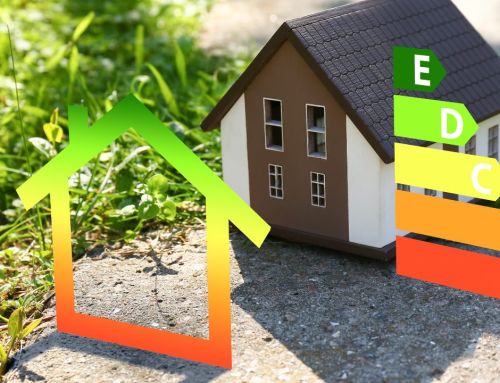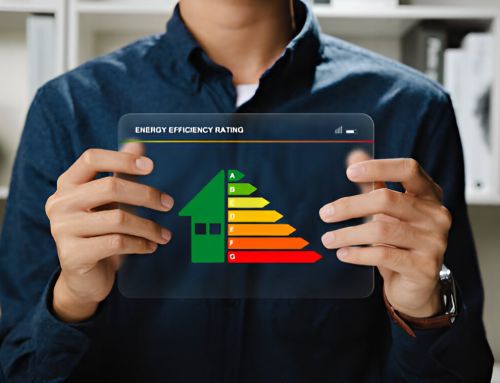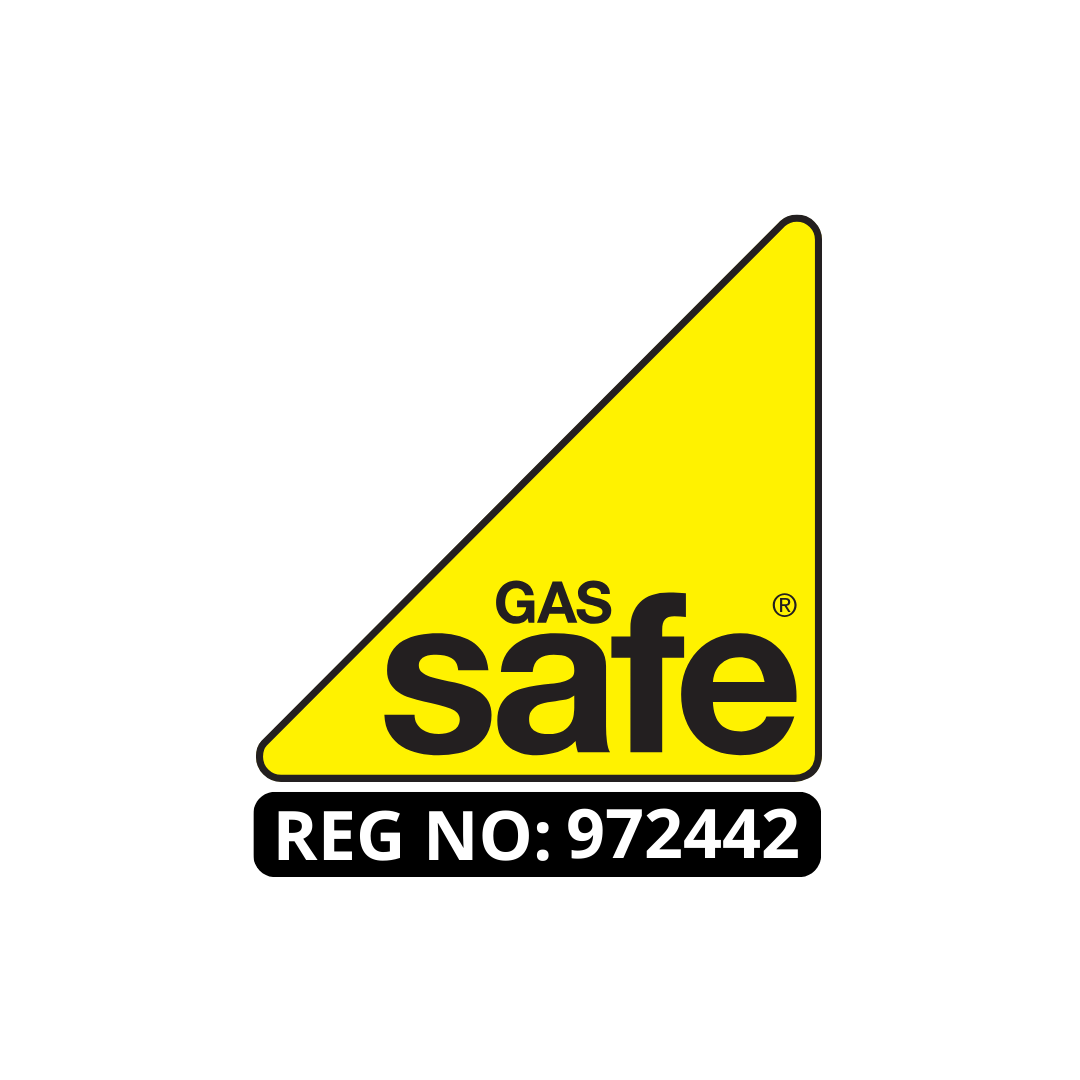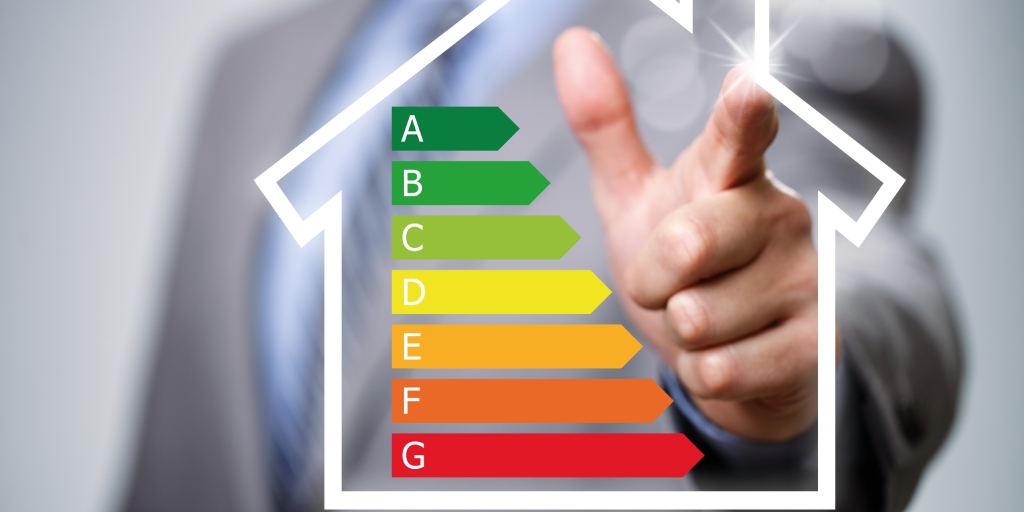
An Energy Performance Certificate (EPC) serves as a measure of a building’s energy efficiency, graded from A, indicating high efficiency, to G, signaling poor performance. This classification not only impacts the environmental footprint of a property but also significantly affects its market value and owner’s financial obligations. For stakeholders in real estate—whether sellers, buyers, or developers—understanding the implications of an EPC rating is crucial. The EPC rating can influence operational costs, compliance with environmental legislation, and eligibility for certain financial incentives. Yet, the question remains: how can one improve a property’s EPC rating to reap these benefits, Let’s understand What Is an EPC Rating and Why Is It Important?
Defining EPC Ratings
Energy Performance Certificates (EPCs) quantitatively assess a property’s energy efficiency, ranking it on a scale from A (most efficient) to G (least efficient). These certificates are crucial tools in property energy audits, facilitating detailed analysis of how energy is used and highlighting potential inefficiencies.
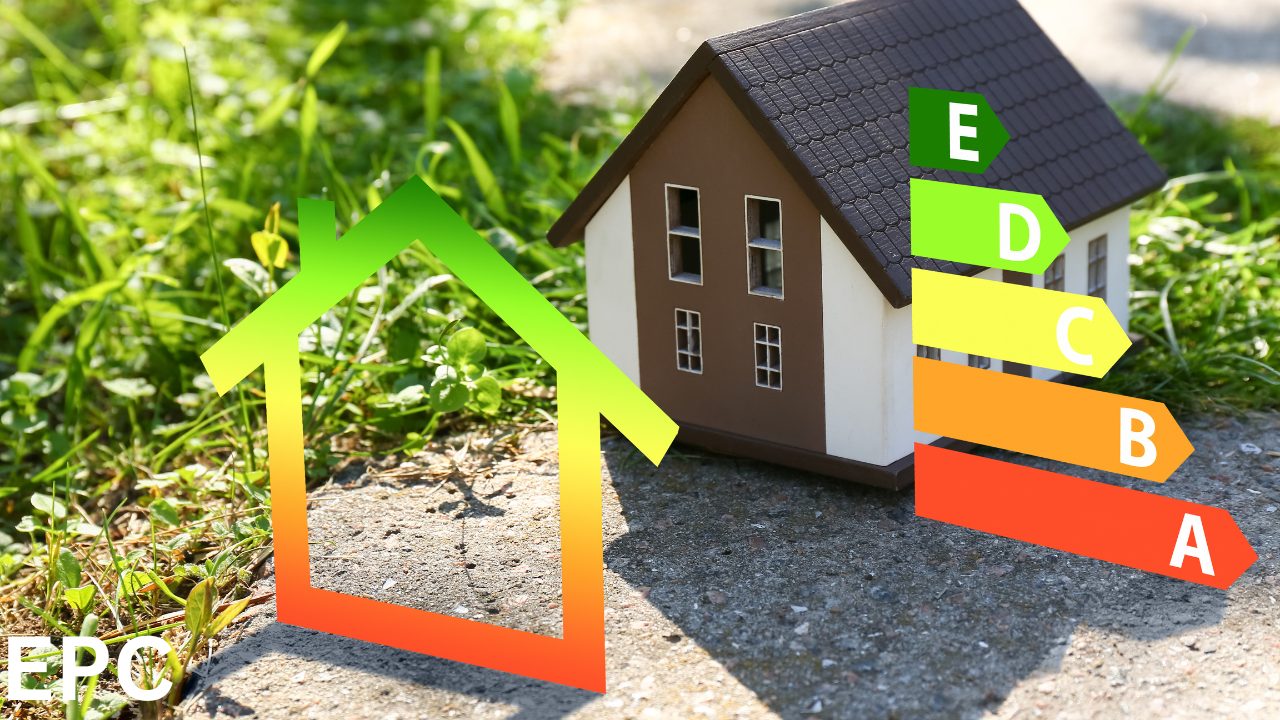
The EPC rating scale is not only a measure of current efficiency but also serves as a guideline for achieving higher standards through targeted enhancements.
To comply with evolving energy efficiency standards, property owners are often required to implement improvements that contribute to better EPC ratings. These enhancements range from advanced home insulation techniques, which mitigate heat loss, to the integration of cutting-edge renewable energy systems.
Such upgrades not only improve the EPC rating but also align with broader environmental goals by reducing dependency on non-renewable energy sources.
Moreover, governments and local authorities incentivize property owners to upgrade their energy systems through various renewable energy incentives. These financial incentives make it economically viable for homeowners to invest in technologies like solar panels or geothermal heating systems, which significantly contribute to a property’s energy efficiency.
Ultimately, a higher EPC rating not only reflects a commitment to energy conservation but also enhances the property’s marketability and sustainability.
Importance of High EPC Ratings
Understanding the significance of high EPC ratings is crucial for anyone involved in the housing market, whether they are buyers, sellers, or developers. A high EPC (Energy Performance Certificate) rating not only reflects superior energy efficiency but also aligns with the evolving homebuyer preferences that increasingly tilt toward sustainability.
As EPC rating trends show a growing inclination for properties with better energy performance, these ratings become a pivotal factor in market comparisons. Properties boasting higher EPC ratings often attract energy efficiency incentives, such as reduced tax rates or eligibility for energy-saving grants, making them financially appealing to prospective buyers.
Additionally, the presence of a high EPC rating enhances property resale prospects by ensuring the property stands out in a competitive market as a cost-effective and environmentally friendly option. Developers and sellers must heed these trends and invest in energy efficiency improvements to elevate the EPC ratings of their properties.
Such enhancements not only meet regulatory standards but also cater to the eco-conscious consumer, thereby driving up interest and value in the real estate market. Understanding and utilizing the advantages of high EPC ratings is essential for maximizing property potential and appeal in today’s market.
Impact on Property Value
Several factors contribute to property value, among which a high Energy Performance Certificate (EPC) rating plays an increasingly significant role. A strong EPC rating enhances property desirability by signaling superior energy efficiency—a feature highly prized in contemporary real estate markets.
Properties with better EPC ratings, notably those in the A or B categories, tend to attract buyers willing to pay a premium for reduced energy consumption and lower future utility costs. This shift in buyer preferences is a clear response to rising energy prices and a growing environmental awareness.
As market trends evolve, properties that promise lower carbon footprints stand out, not just as homes but as long-term investments. The investment potential of high-rated EPC properties is considerable, offering owners substantial savings on energy bills and potential price appreciation driven by demand for efficient living spaces.
Furthermore, real estate agents and property valuers increasingly consider EPC ratings when assessing a property’s market value. This integration reflects a broader trend where energy efficiency metrics become critical determinants in property valuation.
Thus, maintaining or improving a property’s EPC rating is not merely about compliance or operational savings—it is a strategic investment in enhancing market competitiveness and resale value.
Legal Implications of EPC
The legal implications of Energy Performance Certificates (EPCs) are noteworthy, particularly in the context of property transactions and compliance with building regulations. EPCs are not merely advisory; they carry significant legal weight in real estate markets and property management. Understanding these implications is crucial for property owners, landlords, and real estate professionals who must navigate the complexities of EPC requirements to avoid legal pitfalls and financial penalties.
Key legal aspects of EPC include:
- EPC Penalties: Non-compliance with EPC obligations can result in substantial fines. This enforces the urgency of obtaining an up-to-date certificate before leasing or selling properties.
- Rental Compliance: For landlords, it is mandatory to achieve a minimum EPC rating (typically E or above) to legally rent out properties. Failure to meet this standard can lead to rental prohibition notices and penalties.
- Enforcement Measures: Regulatory bodies actively monitor compliance and can impose sanctions or demand remedial actions to enforce market regulations concerning EPC ratings.
These legal obligations emphasize the importance of adhering to EPC regulations to maintain property legality, marketability, and compliance with national energy efficiency goals.
Understanding and observing these legal frameworks helps stakeholders evade potential legal issues and contribute to broader environmental objectives.
Strategies for Improvement
Improving a property’s EPC rating is a proactive strategy that not only enhances its market value but also significantly reduces energy consumption and associated costs. One of the primary methods to achieve this is through insulation upgrades.
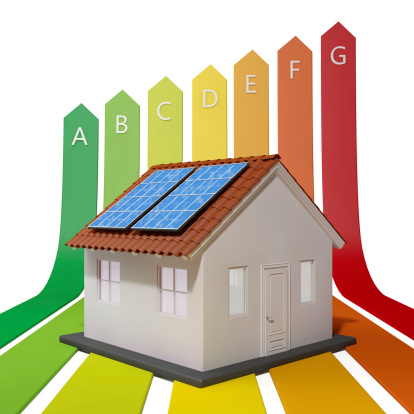
Enhancing the insulation in walls, roofs, and floors minimizes heat loss, which in turn reduces the energy required for heating and cooling. This step alone can propel a property several grades higher on the EPC scale.
Additionally, integrating energy-efficient appliances is crucial. These appliances, including refrigerators, washing machines, and heating systems, use less electricity and water, further driving down utility bills and improving the EPC rating.
The shift towards renewable energy sources like solar panels or wind turbines also plays a vital role in not only reducing dependency on non-renewable energy but also in achieving a better EPC rating.
Smart home technology, such as programmable thermostats and LED lighting systems, assists in fine-tuning energy usage, ensuring that energy is not wasted but utilized efficiently.
To facilitate these improvements, homeowners can often take advantage of government incentives, which provide financial assistance or tax rebates for adopting more sustainable practices.
These strategies collectively contribute to a higher EPC rating, making a property more appealing and environmentally friendly.
EPC and Environmental Impact
Energy Performance Certificates (EPCs) play a pivotal role in mitigating environmental impact by promoting energy efficiency in buildings. The EPC certification process evaluates and ranks buildings on their energy usage and carbon emissions. By establishing a clear metric of energy performance, EPCs encourage both compliance with environmental regulations and strides towards sustainability.
EPCs contribute to environmental preservation by integrating several key factors:
- Energy Efficiency Standards: By adhering to these standards, buildings not only comply with current legislation but also contribute to broader goals of energy conservation and environmental protection.
- Carbon Footprint Reduction: EPCs provide clear guidelines and opportunities for reducing emissions, directly correlating with decreased environmental degradation.
- Renewable Energy Integration: Recommendations often include the adoption of renewable energy sources, such as solar or wind power, which further diminishes the reliance on fossil fuels, reducing both costs and pollutants.
As environmental regulations impact construction and retrofitting practices, the role of EPCs becomes even more critical. They not only foster an awareness of energy consumption but also initiate practical steps towards more sustainable building practices.
Financial Benefits of High EPC
High Energy Performance Certificates (EPC) ratings provide substantial financial benefits for property owners. A high EPC rating, indicative of superior energy efficiency, directly correlates with significant energy savings. These savings accumulate over time, reducing utility bills substantially. Enhanced energy efficiency implies less energy consumption, which is financially advantageous, especially in regions with high energy costs.
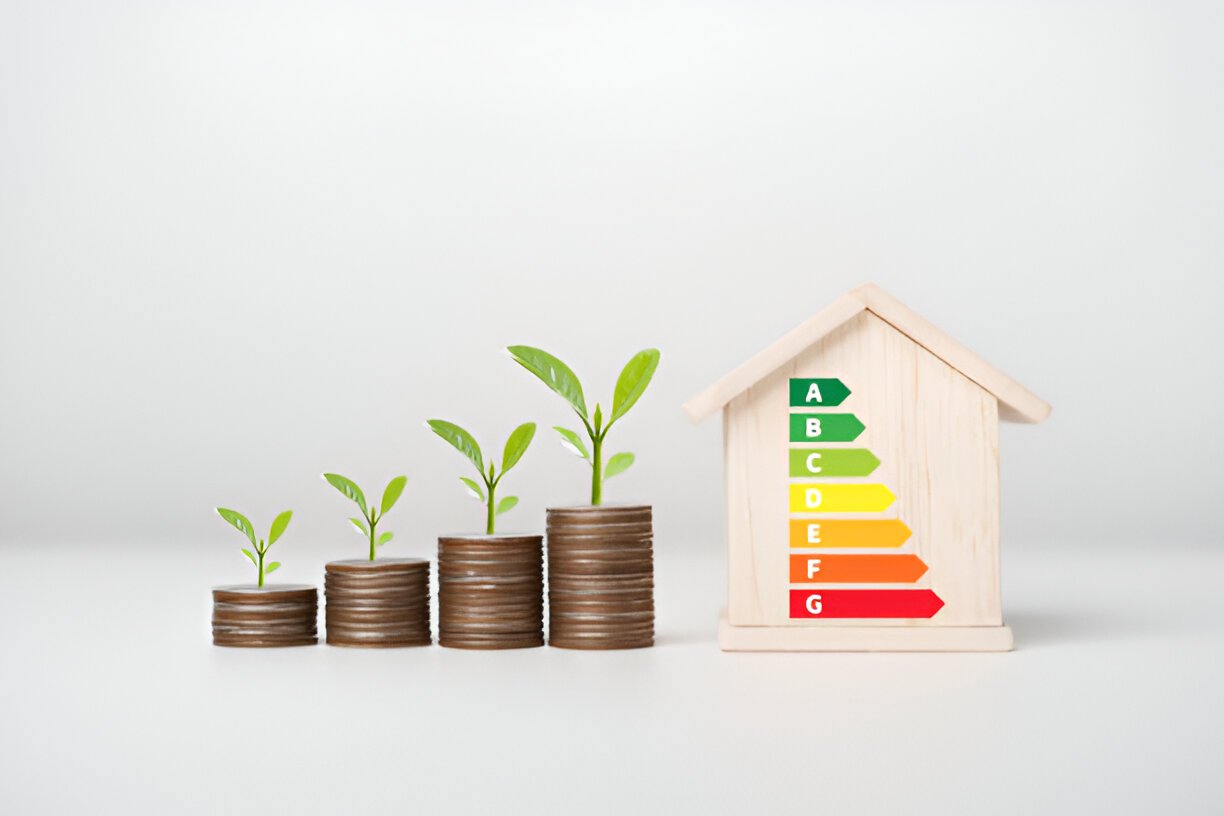
Moreover, a superior EPC rating boosts mortgage eligibility. Financial institutions increasingly factor in energy efficiency when assessing property value and risk, leading to potentially better mortgage rates and terms. Properties with high EPC ratings often qualify for financial incentives such as reduced interest rates or additional borrowing capacity, aimed at promoting energy-efficient investments.
The resale value of a property is another critical financial consideration influenced by EPC ratings. Properties with high ratings typically attract a premium in the market, appealing to a growing demographic prioritizing sustainability and cost-efficiency. This market trend enhances the investment appeal of such properties, ensuring higher returns upon sale.
Lastly, insurance benefits are also tied to EPC ratings. Insurers may offer lower premiums for energy-efficient homes due to their reduced risk profiles, translating into further cost savings for homeowners.
Collectively, these factors make investing in energy efficiency a financially sound decision.
Conclusion
In conclusion, Energy Performance Certificates (EPCs) are vital for assessing a property’s energy efficiency, significantly influencing its marketability, compliance with regulations, and environmental impact. Properties with higher EPC ratings not only promise lower energy costs and potential tax benefits but also contribute to environmental sustainability. Therefore, investing in energy efficiency measures to improve EPC ratings is essential for enhancing property value, meeting legal standards, and supporting broader ecological goals.
About the Author: LandlordCertificate
Related Posts
Get Social
Recent Posts
- Fire Safety Certificate London for Commercial and Residential Buildings
- Fire Safety Planning and fire risk assessment London for Building Safety
- Top Reasons to Invest in Fire Alarm Installation London for Safety and Compliance
- Gas Safety Certificate London: Protecting Occupants and Property Value
- EPC London: Everything You Need to Know About Energy Performance



